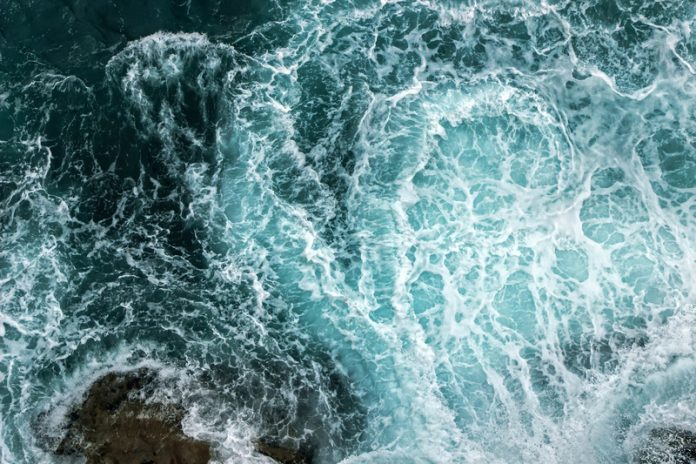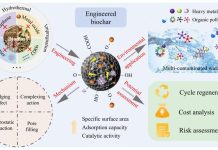Monika Stankiewicz, HELCOM Executive Secretary argues that for healthier oceans and seas, we need a good dialogue between policy and science
In current times, where accurate and reliable science is needed more than ever to help craft solutions to the environmental challenges we are facing, science needs to find its way into the policy world. For us at HELCOM, an intergovernmental organisation in the Baltic Sea mandated to protect its marine environment, this is no different.
Policy decisions need to be based on solid scientific underpinnings. Pressures on the seas and oceans need to be better understood, and measures currently in place to improve the ecological status of our waters need to be well analysed: What are the ecological trends? Do the current actions addressing the ecological challenges work as expected? Are we on the right track towards our goals of healthy oceans and seas?
Scientific assessments, such as the recently concluded HELCOM Second Holistic Assessment of the Baltic Sea provide answers to these questions. For the Baltic, with this assessment, we now have a clear picture of the ecological state of the sea and the pressures affecting it. (In short, we still need to do more for a healthy Baltic Sea.)
In this particular case, the findings from the assessment led to the decision at the HELCOM Ministerial level to update the Baltic Sea Action Plan – HELCOM’s strategic programme of measures for a healthy Baltic Sea – beyond its initial end date in 2021.
In addition to showing trends on known pressures, such as eutrophication or hazardous substances, or the state of the Baltic Sea’s biodiversity, the assessment also helped to identify the extent of emerging pressures. Indeed, to name but a few, plastic pollution, pharmaceutical residues, underwater noise, and loss of seabed have become an increasing cause for concern in the Baltic. As a result, these pressures will now be included in the updated action plan. Here, science clearly helped to guide the policy decision.
On the other hand, science needs to understand what the policy side needs for making the right choices and how to communicate the research results. For instance, more research on social and economic aspects is needed to support the implementation and development of marines policies. Furthermore, cost-effectiveness and feasibility are typically taken into account when crafting measures for improving the environmental status of seas and oceans.
Therefore, for actions that work, mechanisms need to be in place to allow for constant dialogue between science and policy. The overlap between policy and science needs to be encouraged in as many instances as possible. In the Baltic Sea, HELCOM provides such an interface, and one of the main guiding principles to which the HELCOM members committed is the use of best available science and technology.
The HELCOM structure of expert networks, working groups and policy decision bodies might seem complex at first glance, but allows for continual contact between policy and science, at various degrees and levels. Decisions taken in HELCOM are not only based on political consensus, but on a strong scientific foundation that is the result of a continuous exchange between policy and science.
Furthermore, in the Baltic Sea region, several frameworks overlap: national legislation, regional objectives as defined by HELCOM or the European Union’s Marine Strategy Framework Directive, and, at a global level, the UN’s Sustainable Development Goals and the Aichi Biodiversity Targets. Even if the ultimate goal is similar for both – namely, a healthy sea – resources and work need to be carefully coordinated for synergy effects and best results. And that can only happen through functioning policy-science interaction.
About HELCOM
HELCOM is a Regional Sea Convention in the Baltic Sea, consisting of Denmark, Estonia, Finland, Germany, the European Union, Latvia, Lithuania, Poland, Russia and Sweden. HELCOM works for a healthy Baltic Sea, and its mandate stems from a regional treaty (the Helsinki Convention adopted in 1974 and amended in 1992) that covers the whole sea area including the sea bed and the resident biota, and pollution sources that may influence the sea. The HELCOM Secretariat is located in Helsinki, Finland.
Monika Stankiewicz
Executive Secretary
Baltic Marine Environment Protection Commission –
Helsinki Commission (HELCOM)
Tel: +358 40 536 5819











